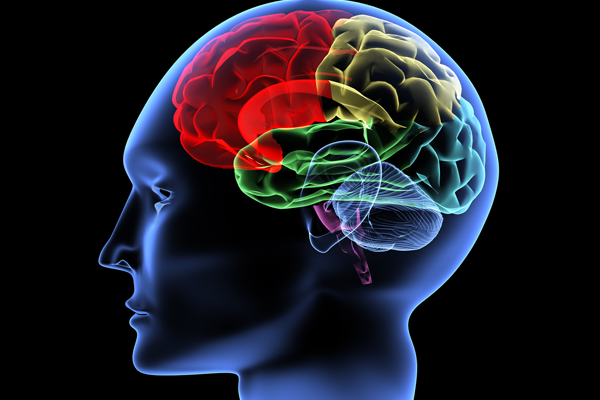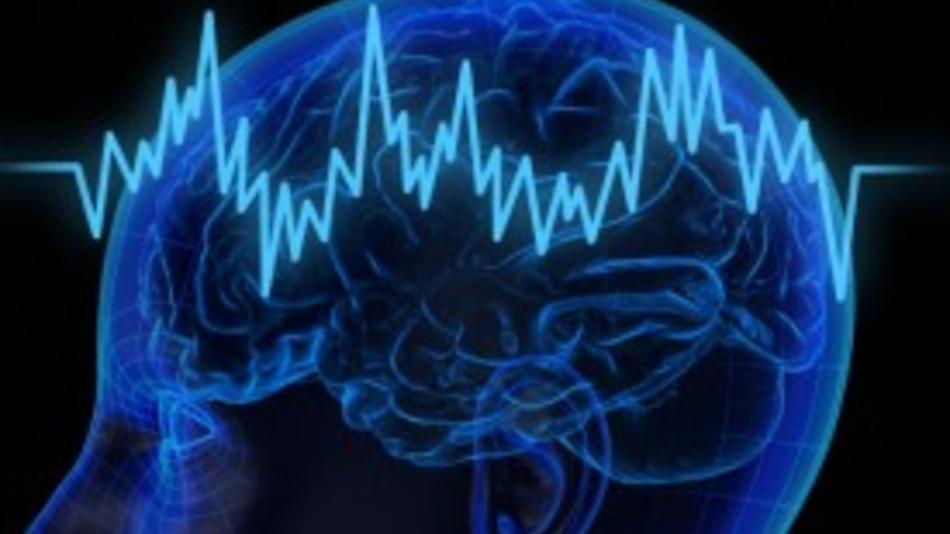Updated April 3, 2014. You’ve probably heard that it takes about 10,000 hours to master a new skill. That’s not a hard scientific fact, and there are definitely exceptions. But when you look into the science of meditation, you’ll find there’s a correlation between the time you put in and the transformation you get out. […]
Develop Your Capacity for Emotional Control
Updated March 25, 2014. A study by UCLA psychologist, Matthew Lieberman, shows how meditation works. Psychologists have long believed that if you talk about your feelings, you’re generally better at controlling them. However, not so long ago, they didn’t understand why. Meditation techniques are designed to help people pay attention to their emotions without attaching strong reactions […]
Brain Waves: What's Your Meditation Frequency?
Updated March 21, 2014. Measuring brain waves during meditation is a fairly new development. Scientists are trying to discover why meditation is able to help reduce stress and increase physical and emotional well-being. It’s been discovered that the meditator’s brain function is distinctly different from that of someone who doesn’t meditate. And furthermore, meditation not […]
Meditation in Schools Helps Lower Truancy
Updated February 27, 2014. Surrounded by poverty and escalating violence, the children at Visitacion Valley Middle School in urban San Francisco were used to experiencing high levels of stress and fear. Not only was ADHD (Attention Deficit Hyperactivity Disorder) common, but some students also had PTSD (Post-Traumatic Stress Syndrome). To try and reduce the stress […]
Benefits of Tai Chi for Parkinson’s Disease
Updated March 12, 2014. The ancient martial art of tai chi uses gentle flowing movements to connect the mind and body. It is often described as “movement meditation” or “active meditation” because of the mind-body connection. Over time tai chi has evolved into a graceful form of exercise because of it’s stress reducing properties and it’s ability […]




